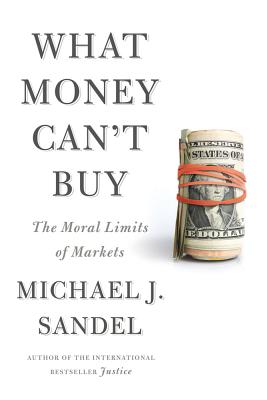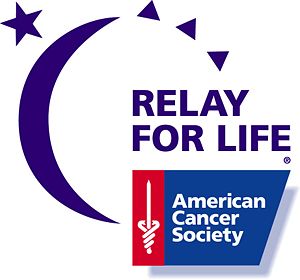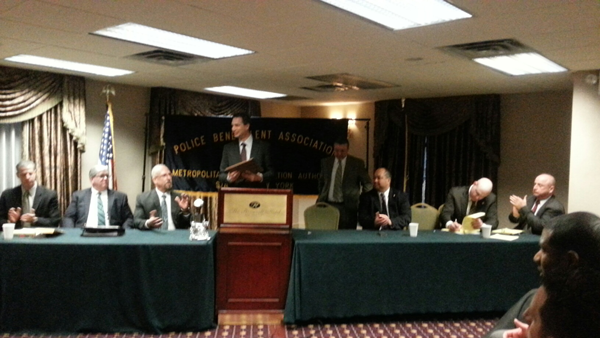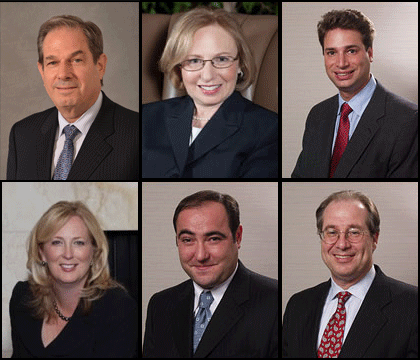Today’s post comes from guest author Jon Rehm, from Rehm, Bennett & Moore.
Low and middle income people are the last people to benefit from any economic recovery. For many economic recovery means a return to work the opportunity to put their household finances in order with steady income provided by a job. Unfortunately unpaid debts often mean that employees get garnished or even having to file bankruptcy.
Congress intended for bankruptcy to allow for people to get a fresh start so they prohibited discrimination based on bankruptcy and even let employees sue employers for such discrimination. But this law is not as strong as other laws prohibiting discrimination on factors such as race or sex for two reasons.
First of all, your status as a debtor in bankruptcy must by the sole cause of job loss. Discrimination is difficult enough to prove already under either a motivating factor or proximate cause standard, sole cause is more exacting than even the difficult proximate cause standard. If your employer has any other legitimate reason to fire you besides your bankruptcy, then a court will likely find the termination was lawful. The only way for an employee to preserve any type of discrimination case is not to give the employee a reason to terminate them because of their poor performance , attendance or poor attitude. But even good employees can get fired legitimate reasons such as restructuring and economicreasons.
Title VII and most state anti-discrimination laws state that a failure to hire based on certain protected categories is unlawful activity.
Finally in any discrimination claim, the employer needs to be aware of your protected status. In a bankruptcy discrimination case this means that your employer had to have known about your bankruptcy status prior to firing you. Some employees get fired because employer doesn’t want to deal with a garnishment. Most people, me included, think that such an action is wrong or unfair. But unless your employer knows that garnishment is linked to your bankruptcy status, then firing you based on that garnishment is legal – unless the garnishment is a cover or pre-text for another unlawful reason.
I would encourage anyone reading this post to contact their U.S. Senator or Congressperson and ask them to change the bankruptcy discrimination statute to mirror other federal anti-discrimination laws such as Title VII.
Prior results do not guarantee outcomes.
Attorney Advertising.










